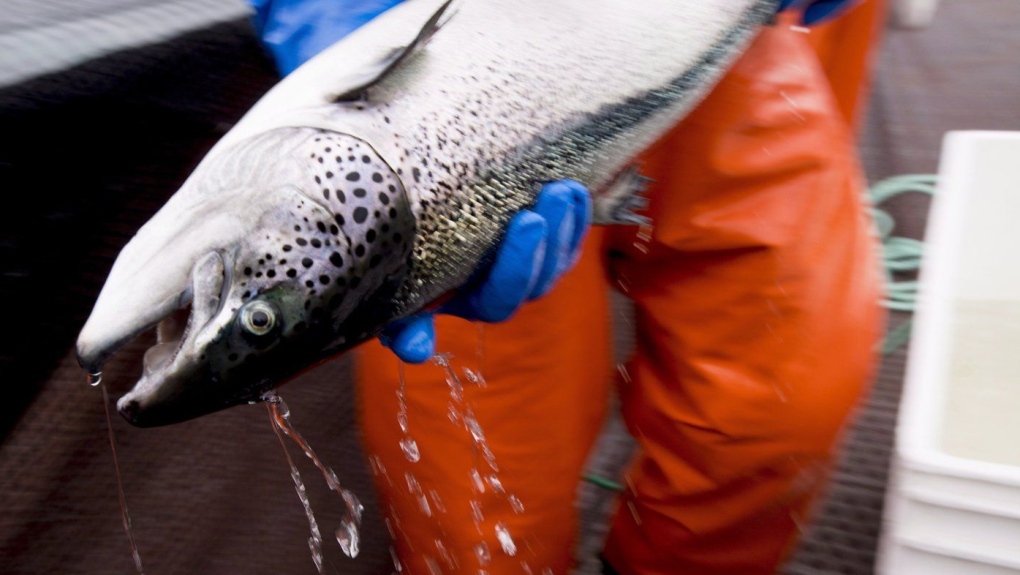
Global salmon farm company with B.C. ties backs land-based aquaculture in Japan
CTV
The backing of a land-based salmon farm in Japan by a global company with ties to ocean fish farms in British Columbia has Indigenous and conservation groups calling on the federal government to accelerate its transition away from open-net farms.
The backing of a land-based salmon farm in Japan by a global company with ties to ocean fish farms in British Columbia has Indigenous and conservation groups calling on the federal government to accelerate its transition away from open-net farms.
The international tide in aquaculture is shifting toward land-based salmon farms, and the sooner Canada gets on board the better for the protection of threatened wild salmon and the future of aquaculture in B.C., say representatives of the 120-member B.C. First Nation Wild Salmon Alliance and non-profit group Wild Salmon Forever/Wild First.
"Canada really has to decide at this point if it wants wild Pacific salmon or if it wants this dirty, harmful industry. It can't have both," Tony Allard, founder of Wild Salmon Forever/Wild First, said in an interview. "That's how I see it. It's hard to talk your way out of it."
Open-net fish farms off B.C.'s coast are a flashpoint, with environmental groups and some Indigenous nations saying the farms transfer disease to wild salmon, while the industry and some local politicians say thousands of jobs are threatened if operations are phased out.
Earlier this month, federal Fisheries Minister Joyce Murray announced plans to extend a consultation period for a transition plan to shift away from open-net salmon farms in B.C. by 2025.
Murray announced last February the government would not renew licences for 15 open-net Atlantic salmon farms around B.C.'s Discovery Islands.
This month, she said consultations for 79 other open-net farms will now continue through the summer, with a transition plan decision coming at an unannounced date.
